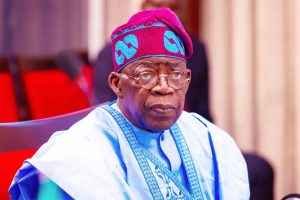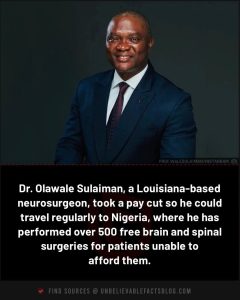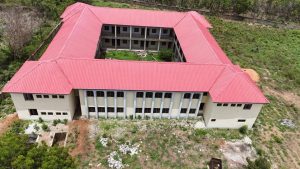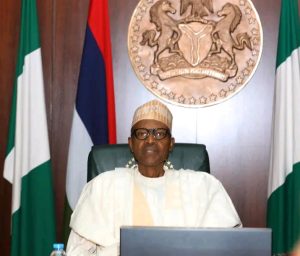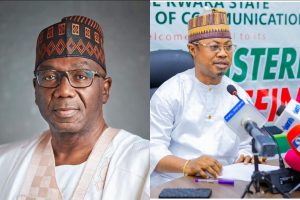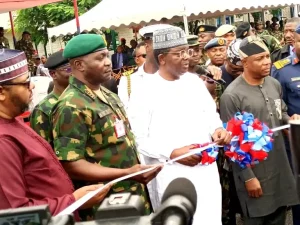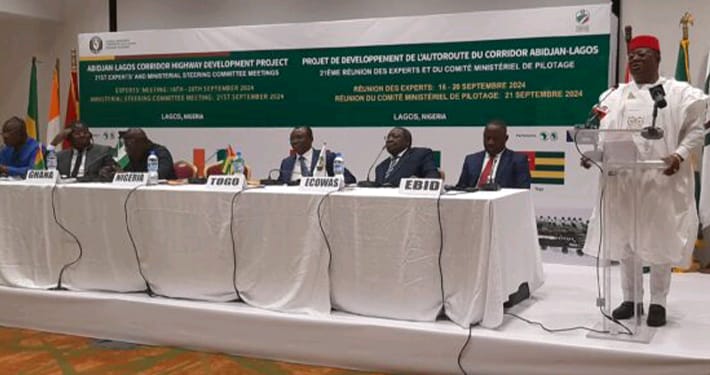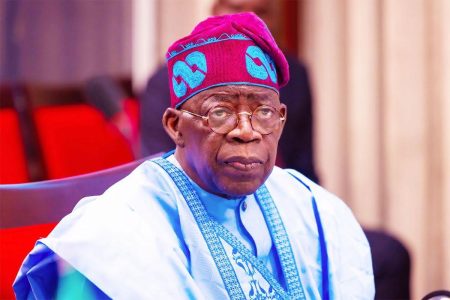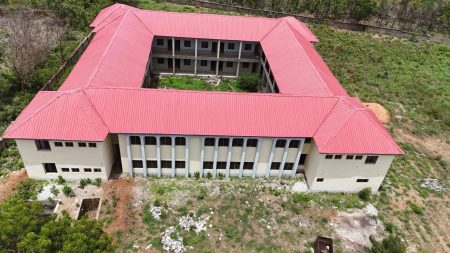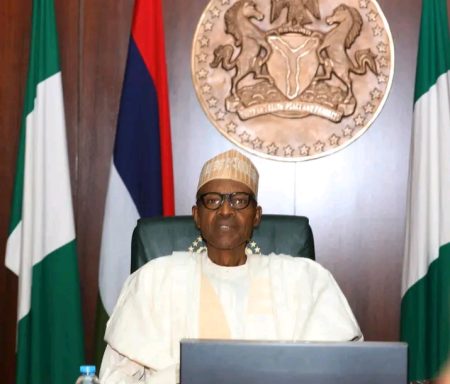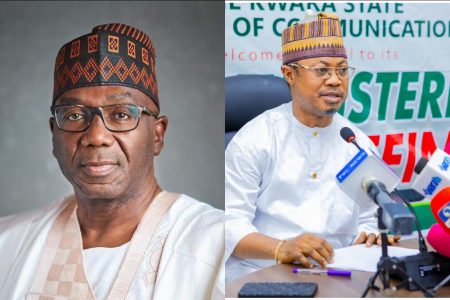Heads of state from the Economic Community of West African States (ECOWAS) gathered in Lagos on Saturday to move forward with the final design approval for the $15 billion Lagos-Abidjan Corridor Highway Development Project.
This vital infrastructure project aims to foster regional economic integration by linking five West African nations—Côte d’Ivoire, Ghana, Togo, Benin Republic, and Nigeria—via a 1,068-kilometer highway that will pass through eight border towns, commencing at Eric Moore in Lagos and concluding in Abidjan, Côte d’Ivoire.
The meeting, led by Nigeria’s Minister of Works, Dave Umahi, focused on transitioning the project into the procurement phase, with construction anticipated to start in 2025. Umahi highlighted that the initiative has been in development for 11 years and has garnered substantial backing from the African Development Bank.
He stated, “The design of the project, ESIA design, conceptualisation, funding mechanisms have been ongoing for the past 11 years.” Umahi expressed optimism that the committee of experts would finalize and approve the design during this meeting, setting a target for procurement discussions in future gatherings.
According to reports from the News Agency of Nigeria (NAN), the Lagos-Abidjan Highway is projected to accommodate over 500,000 passengers daily and significantly enhance trade, tourism, and economic activities in the region. This highway is part of the larger Dakar-Lagos Corridor, a flagship development initiative of ECOWAS that is expected to be a major catalyst for regional integration.
Ghana’s Minister of Roads and Highways, Mr. Francis Boakye, also spoke at the meeting, underscoring the essential role of infrastructure in promoting socio-economic development in developing regions like West Africa. He noted that the highway would be crucial for facilitating trade and tourism while driving overall economic growth across West Africa, drawing comparisons to how extensive highway systems fueled economic expansion in the United States.
Dr. Amede Kouakou, Côte d’Ivoire’s Minister of Equipment and Road Maintenance, reaffirmed his country’s dedication to expediting the project, emphasizing its significant advantages for both Nigeria and Côte d’Ivoire as well as for the wider region.


